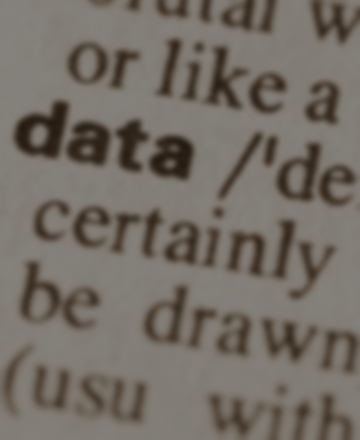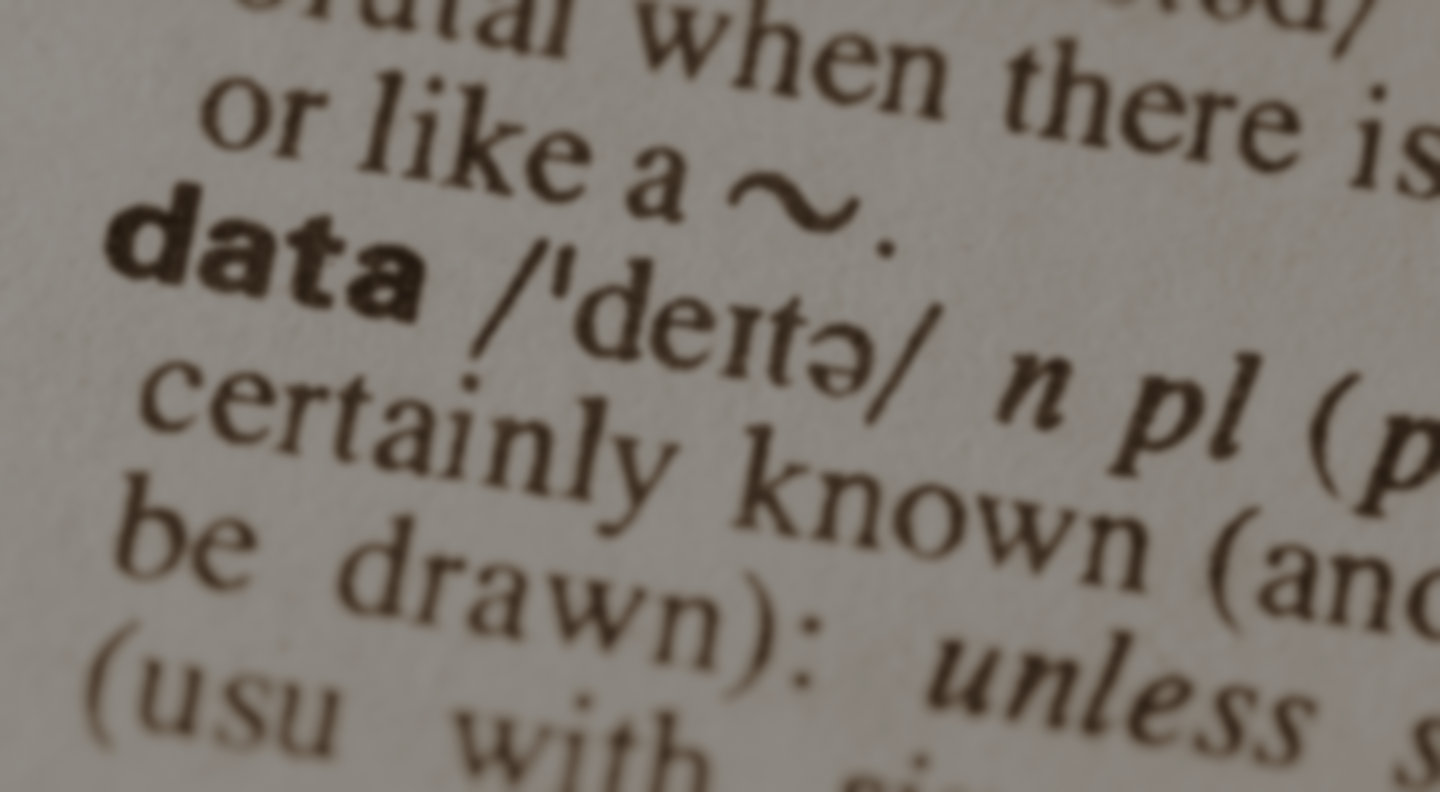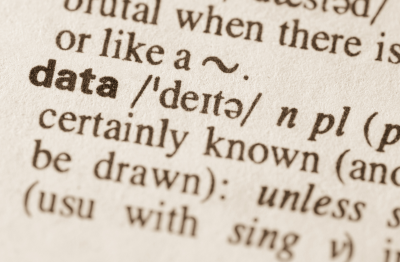A data dictionary is a centralized repository of metadata that provides detailed information about the data used in an organization’s databases. It typically includes descriptions of data elements, their meanings, permissible values, and relationships to other data elements. A data dictionary serves as a valuable reference for data analysts, database administrators, and other stakeholders to understand and use the organization’s data effectively.
- Improved Data Understanding: A data dictionary provides a clear and concise description of data elements, helping users understand the meaning and context of the data.
- Data Consistency and Quality: By documenting permissible values and data formats, a data dictionary helps ensure consistency and quality of data across the organization.
- Data Governance: A data dictionary serves as a foundational tool for data governance, providing a framework for managing and controlling data assets.
- Facilitates Data Integration: A data dictionary helps in identifying and understanding data relationships, which is essential for integrating data from different sources.
- Enhanced Data Accessibility: A well-maintained data dictionary improves data accessibility by providing a single source of truth for data definitions and meanings.
- Supports Data Analysis and Reporting: A data dictionary helps data analysts and report developers understand the data they are working with, leading to more accurate and insightful analyses and reports.
In conclusion, a data dictionary is a critical component of any organization’s data management strategy. It provides a comprehensive and standardized view of data elements, helping ensure data quality, consistency, and usability across the organization.













